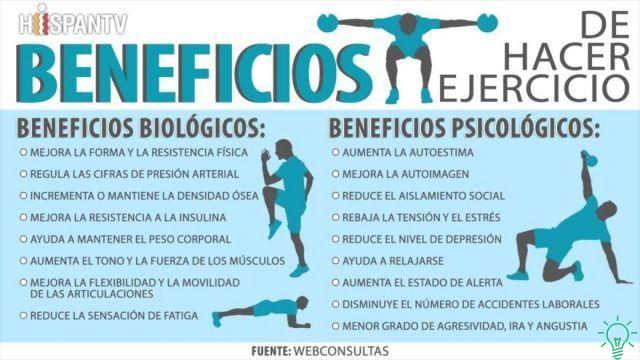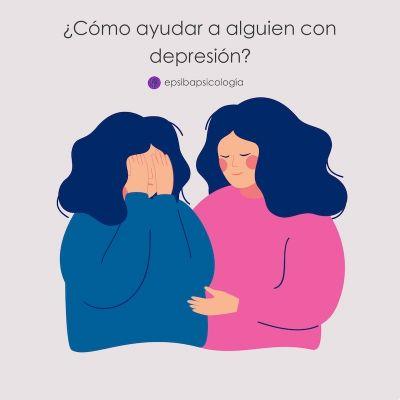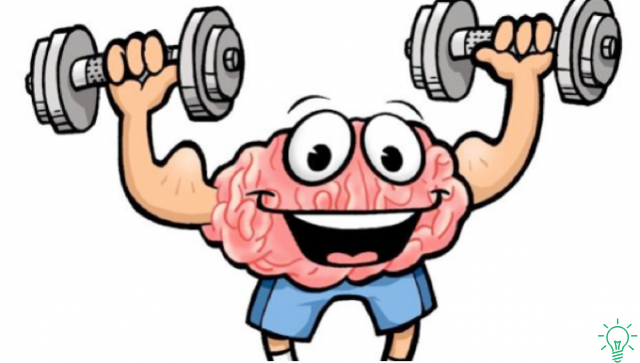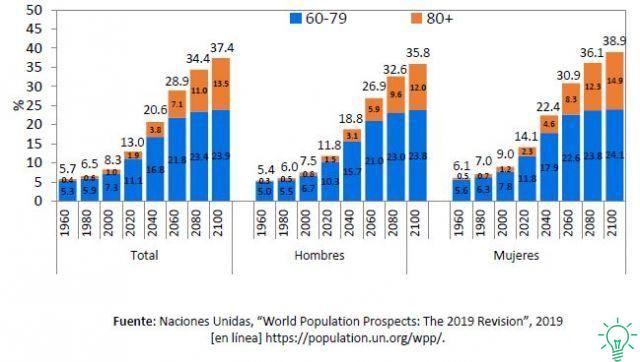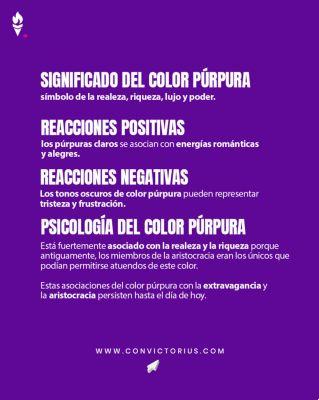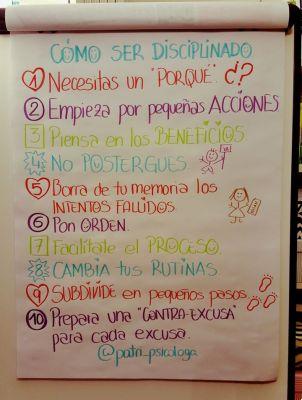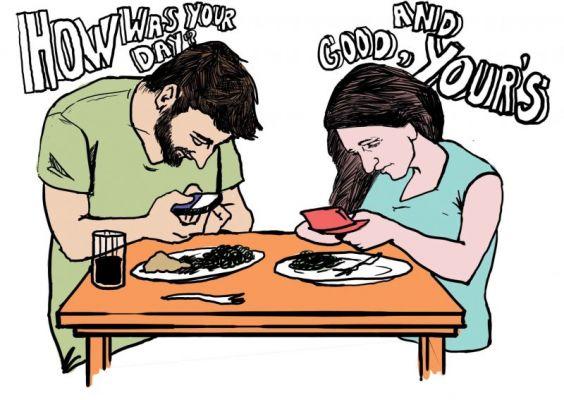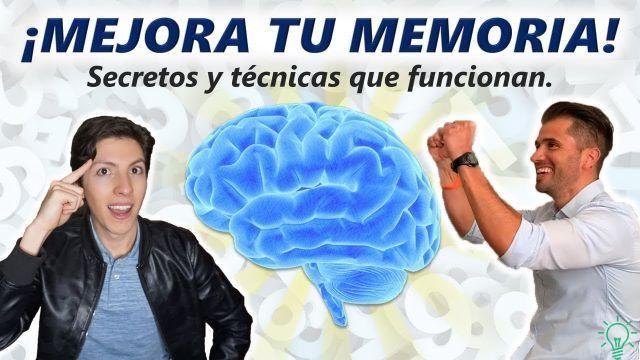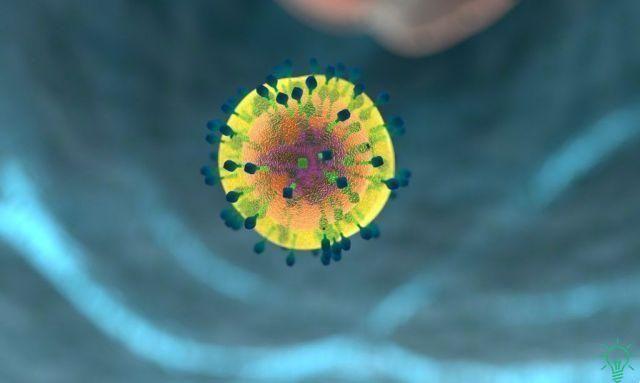
What happens when a narcissistic person breaks down emotionally? From pain to anger, here are the signs.
What happens when a narcissist breaks down?
When pain and frustration take over, someone with Narcissistic Personality Disorder may react intensely and sometimes vindictively.
In popular culture, people with Narcissistic Personality Disorder (DNP) are often portrayed as self-assured individuals who don't care about others.
In reality, people with PND are complex emotional beings just like everyone else. They live with a mental health condition that has formal symptoms such as self-centeredness, low empathy, and the constant need for praise and admiration.
Although there is no consensus on this, some experts have found that this superior attitude can help them compensate for fragile self-esteem and feelings of vulnerability.
However, there is little research on this, and it is difficult to determine if this is actually true for someone with a narcissistic personality.
When a narcissist breaks down emotionally, what happens?
Mental health experts have observed that sometimes when the narcissist does not receive external validation, they can go into a high level of stress and pain, and this can manifest as what some experts call narcissistic collapse or narcissistic rage.
However, it is good to remember that each person is unique and that not all people living with narcissistic personality disorder behave or feel the same way.
At the same time, a narcissist does not necessarily have to experience a breakdown, and if they do, they may not act in the same way.
What is narcissistic collapse?
Narcissistic collapse is not a formally recognized condition or symptom of Narcissistic Personality Disorder.
Instead, some assume it is a behavioral and emotional response to the frustration and pain one feels when someone feels stopped.
Dr. Alexander Lapa, a psychiatrist at the Ocean Recovery Center in Blackpool, UK, explains that narcissistic collapse occurs when a narcissist is unable to maintain their image of superiority and security and therefore emotionally collapses.
When a narcissist doesn't receive a steady stream of validation or someone hurts their self-esteem, their perception of safety and superiority collapses.
This can happen because someone doesn't see you the way you want to be seen, for example. Or maybe they didn't get the promotion they thought they deserved. Or their partner left them.
"A nervous breakdown can also be triggered as a self-defense technique if they feel their image or self-esteem is threatened," explains Lapa.
For example, maybe they were publicly caught doing something unethical or manipulating someone.
According to research, people with hidden or vulnerable narcissism may be more likely to vent when experiencing a nervous breakdown. This means that they are more likely to act vindictively or express anger than people with overt narcissism.
It can be difficult for some people to empathize with a narcissist if they have been the victim of manipulative tactics or derogatory behavior.
But feeling one's own superiority or threatened self-image can be a very painful experience for someone with narcissistic personality disorder. His way of acting could be an expression of this intense emotional pain.
Signs of a Narcissistic Breakdown
Not all people who receive a diagnosis of DNP experience it in the same way or with the same intensity. The same goes for a narcissistic breakdown.
So how do you know if someone has one?
The answer is complicated. Some people going through a crisis may quietly withdraw and experience intense sadness and frustration. Others may act impulsively and offensively towards other people.
This angry reaction does not necessarily occur on purpose or out of malice. They are in pain, and their difficulty regulating emotions could lead them to act unfiltered, even more than usual.
One of the recognized symptoms of narcissistic personality disorder is a decreased ability to feel empathy. Because of this, they may not be able to understand that some actions or words will hurt other people.
According to Lapa, experiencing a narcissistic breakdown can seem similar to experiencing an episode of depression.
The difference is that a person with PND may not be able to reflect or acknowledge their role in the situation. This is a common symptom of a narcissistic personality. They often do not know that they live with this disorder.
Therefore, a narcissist may act abnormally when they collapse, says Lapa.
Lapa also explains that a person having a narcissistic crisis may gravitate towards behaviors that may endanger their safety or that of other people. They can, for example, engage in:
- game
- excesive drinking
- substance use
- reckless driving
Other signs of a narcissistic breakup may include:
- increased irritability
- increased sensitivity
- verbal expressions of hate
- erratic and atypical behavior
- self-injury
- manipulation tactics like the ghost
- anxiety
- intense outbursts or narcissistic rage
What is narcissistic rage?
Some people with DNP who are having a narcissistic breakdown may experience so-called narcissistic rage.
According to Lapa, narcissistic rage involves a tantrum due to the perceived destruction of one's self-image.
“It can occur on a broad spectrum from self-closure to violence and verbal abuse,” says Lapa.
Most of the time, narcissistic anger is an intense emotional response accompanied by offensive comments and actions.
On the outside, it may seem like someone is out of control or out to demean you. Inside, they may feel intense pain and vulnerability and a great need to regain control.
Narcissistic anger and violence are not formal symptoms of the condition, and not everyone with DNP experiences or acts this way. Sometimes your reaction may be intense depression.
let's recap
A narcissist who is challenged in his superiority may experience a narcissistic breakdown.
There is still no unanimity on the reasons for this reaction. And because many people with PND are unaware of their symptoms, they may not realize that they're acting out of proportion or why.
To the person in attendance, someone experiencing a narcissistic breakdown may seem out of control, extremely angry, and vindictive. In some cases, it can seem like someone is withdrawing into themselves.
For the person experiencing the breakdown, the event can be one of extreme emotional pain and panic, and an increased need to regain control.
In any case, Narcissistic Personality Disorder is not a personal choice. Instead, it is a mental health condition with complex symptoms that include a low capacity for empathy, decreased self-reflection and intuition, and a need for praise and admiration.
People living with this condition are often unaware of it. This can make it difficult for them to change these attitudes and behaviors.
They may be interested in:
- How to make friends: 10 tips to socialize well
- Mother-daughter vacations are good for health
- Learn to say no: how, when and why
- How to know if there is attraction between two people
- Psychology: not responding to messages, meaning and motivations
- Difference between loving and loving - Psychology






